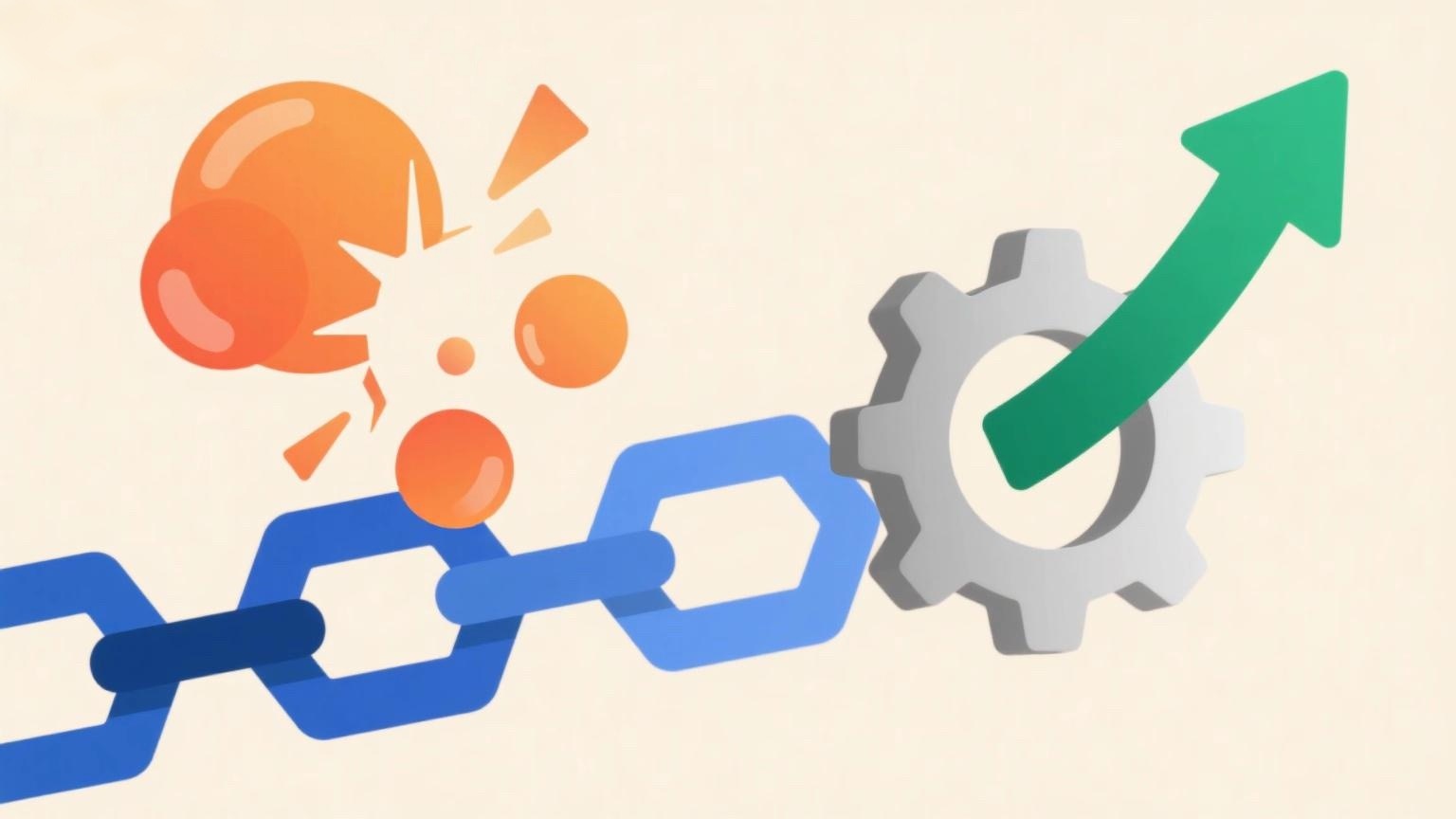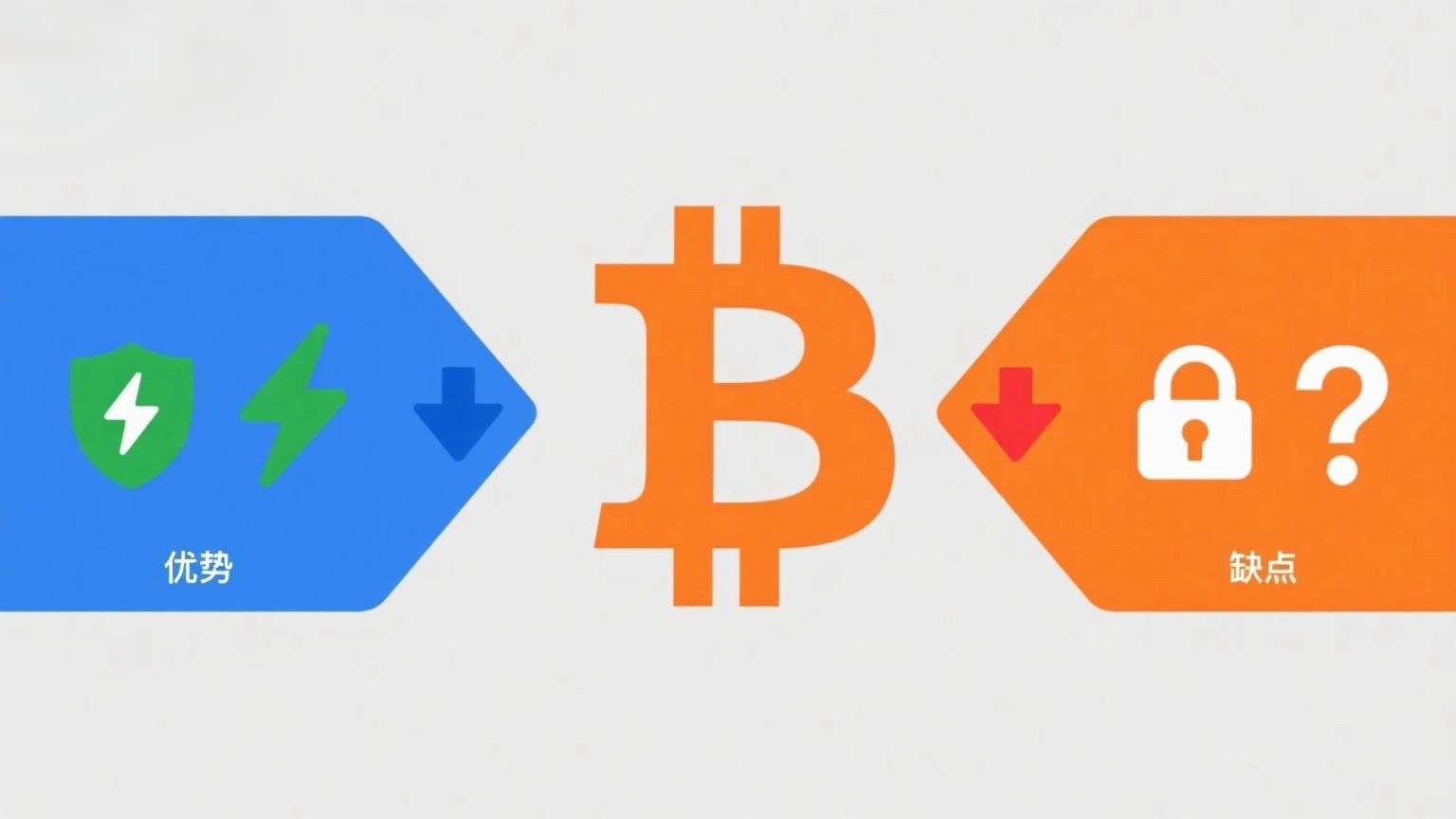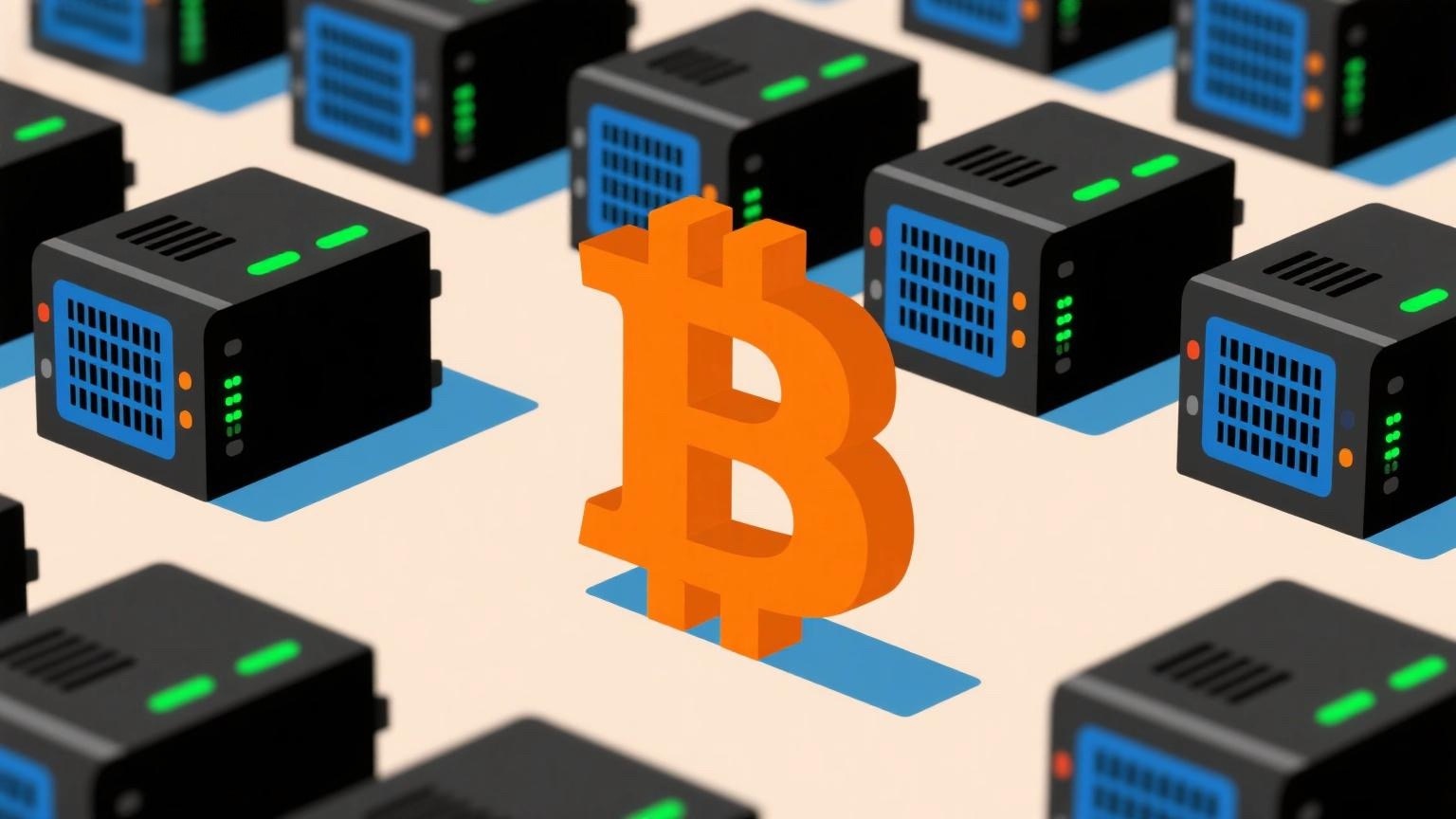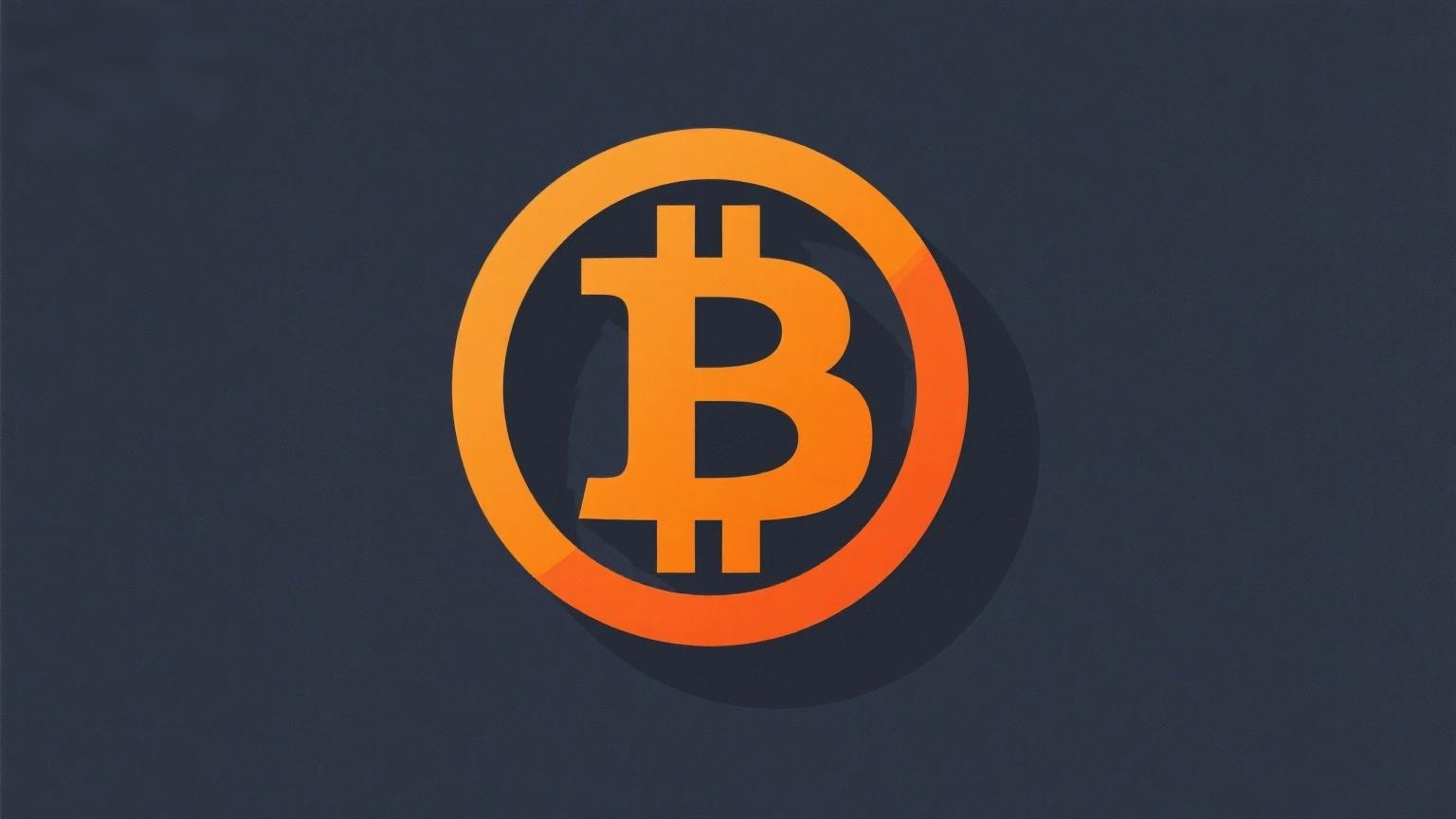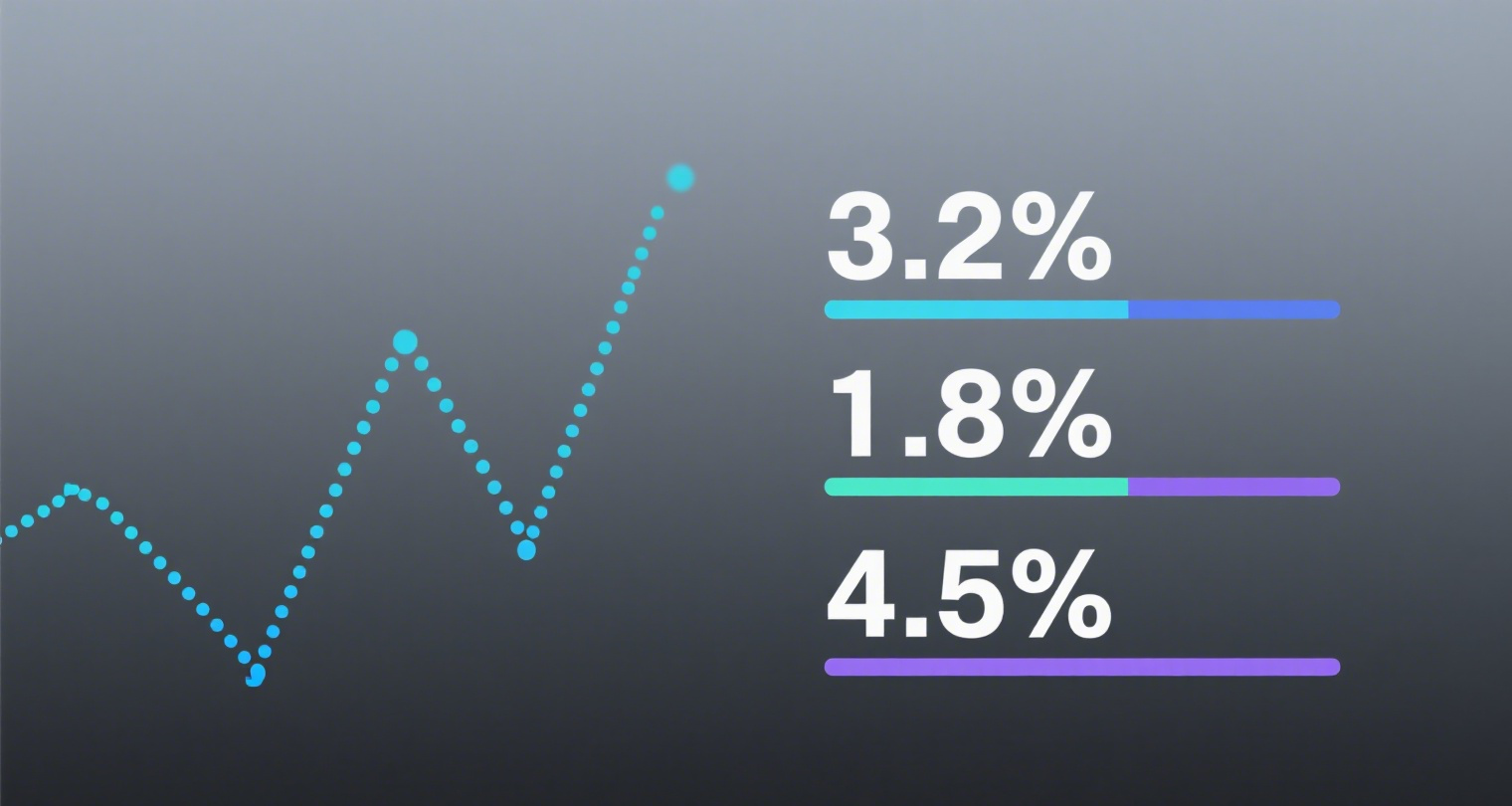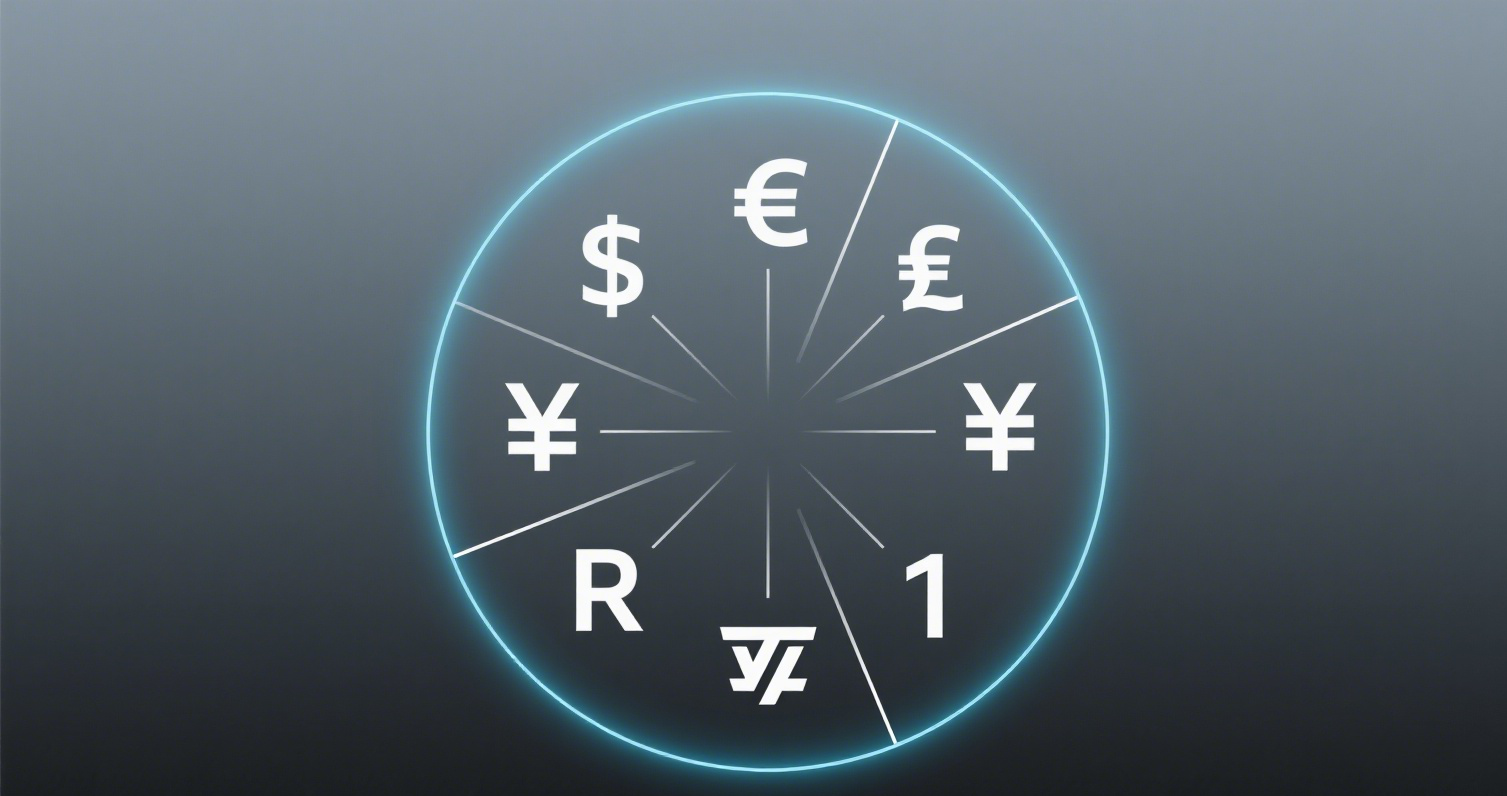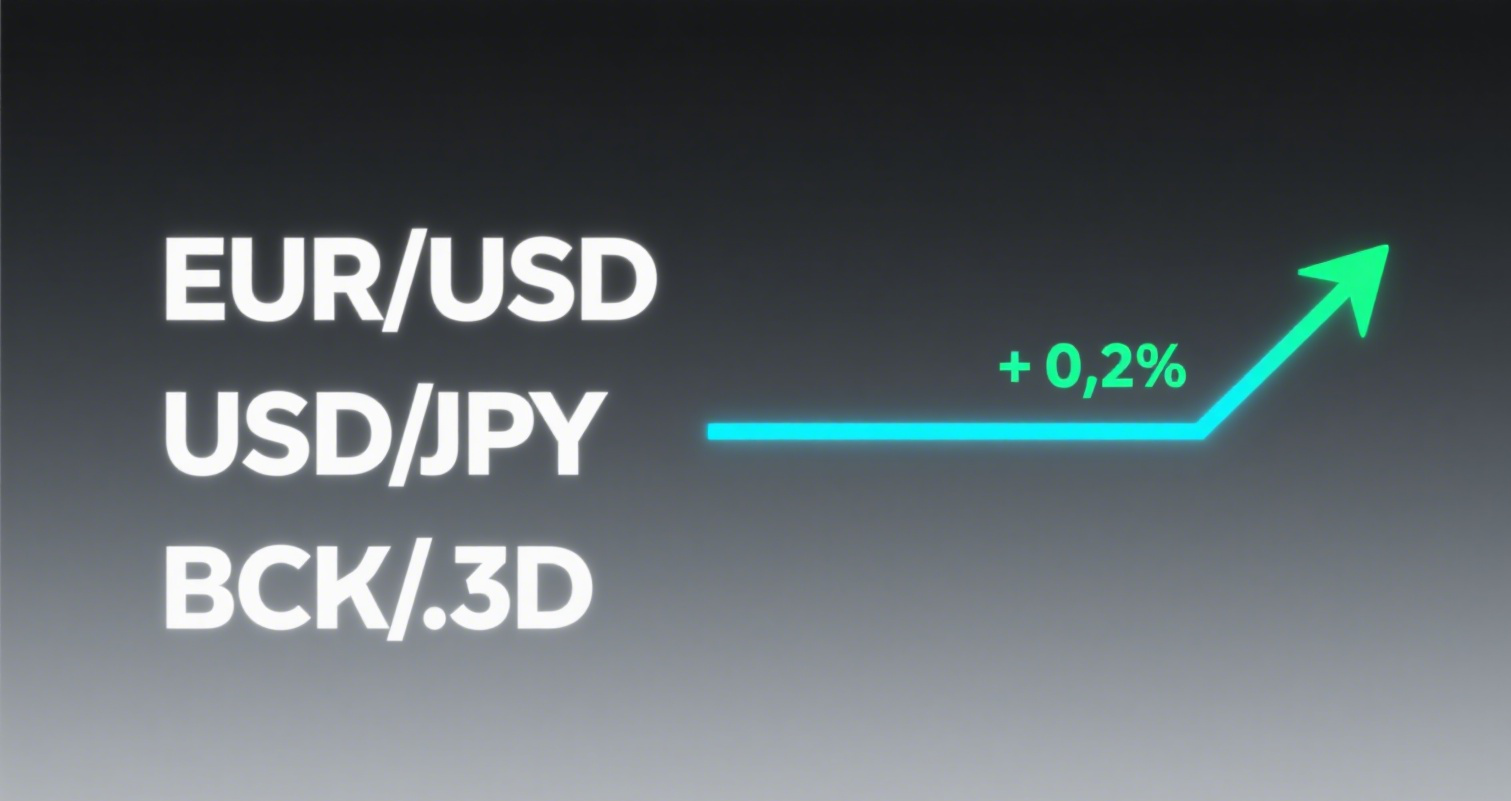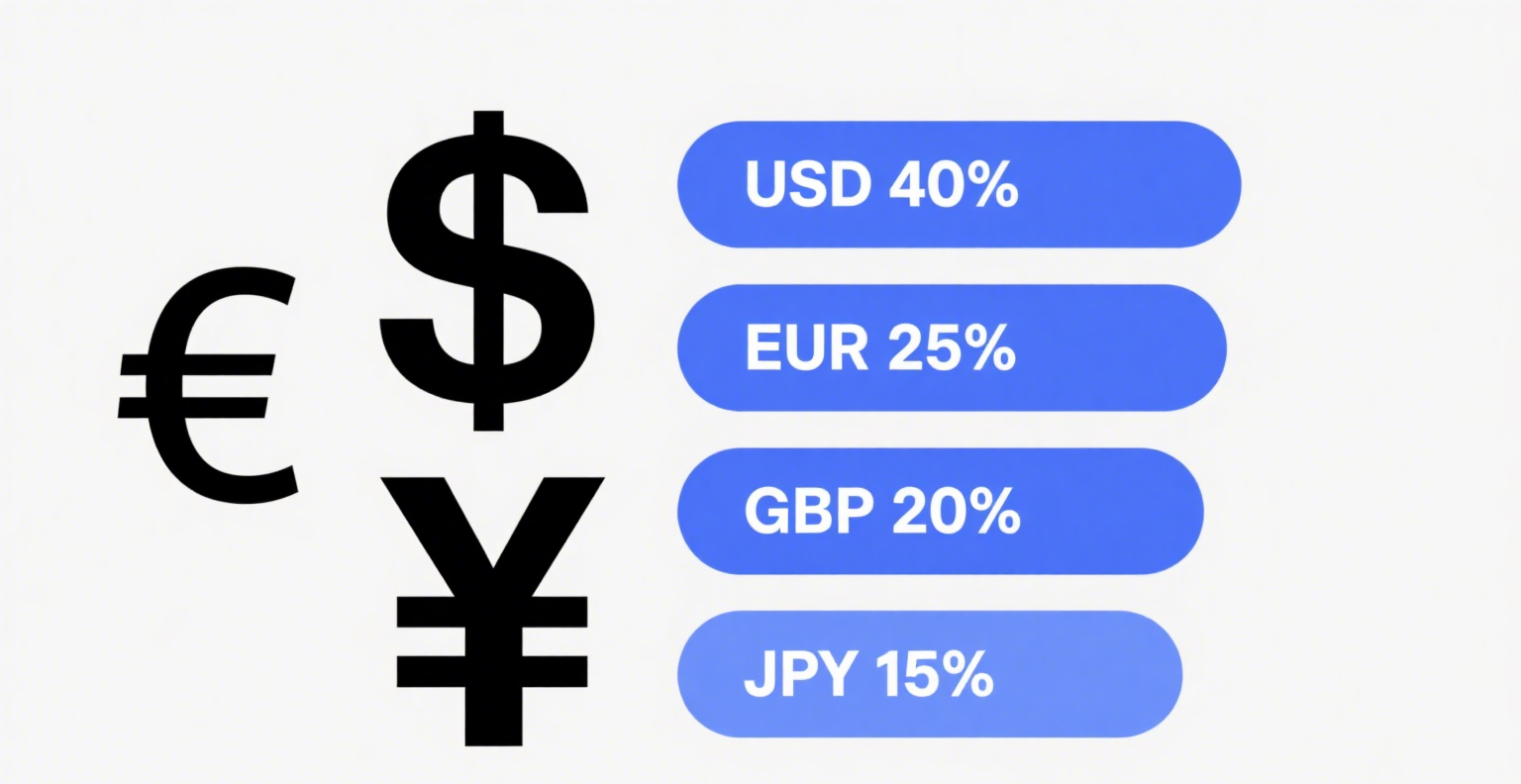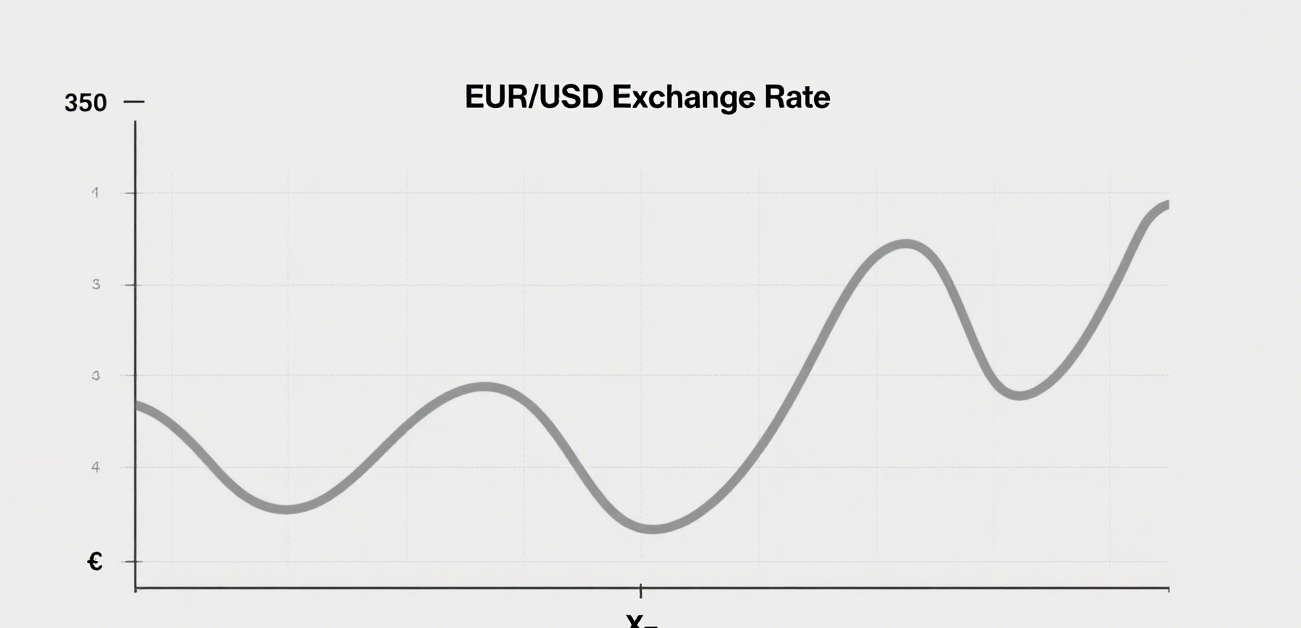
1. The Weaknesses of Human Nature
Most losers in the market are defeated by themselves. During the investment process, our greatest enemy comes from within. Looking at market charts, the vast fluctuations between historical peaks and troughs present tremendous opportunities for astute investors. The investment market is unlike any other aspect of social life. In other professions, people can mask their human weaknesses to some extent, but in the investment market, everyone inevitably exposes their inherent flaws. So-called open bidding is essentially the public display of human nature.
The weaknesses of human nature mainly manifest as greed, fear, and psychological biases.
The specific external manifestations of greed are:
-
Overtrading in the hope of getting rich overnight.
-
Making small profits but incurring large losses—when making money, thinking "a bird in the hand is worth two in the bush," and hastily closing positions to lock in profits. When losing money, hoping prices will rebound to break even, leading to even greater losses.
The specific external manifestations of fear are:
When the market repeatedly climbs to or near its peak, fearing missing out and buying despite the market's fragility. Conversely, during prolonged market declines amid widespread pessimism, fearing the end of the world and selling at a loss in despair.
The above market phenomena are constantly reenacted around us. Even historical luminaries like Newton, Einstein, and Roosevelt suffered setbacks in securities investments. Newton later remarked, "I can calculate the motion of heavenly bodies, but not the madness of people." This shows how rare and valuable it is to remain rational and clear-headed in the market. To become a winner, one must overcome their weaknesses, dare to think independently, and avoid following the crowd. As Buffett said, "We are fearful when others are greedy, and greedy when others are fearful."
The specific external manifestations of psychological biases are:
Human thoughts and emotions are highly complex, and "greed and fear" alone cannot fully capture all the psychological factors influencing investment decisions. In fact, psychological biases in investment decision-making are the real challenges to address, as they often hinder sound choices. By overcoming these biases and studying the mindset of trading masters, one can improve their investment skills.
Among all psychological biases, several are particularly prominent. The first is overconfidence—people often distort their perception of risk, either underestimating it or overestimating their ability to control it. A common flaw among forex traders is focusing only on profit potential before placing an order, only to suddenly feel alert and fearful of losses afterward. Greed comes first, fear follows—why not reverse this process? Before entering a trade, clearly assess the risks, consider the worst-case scenario, devise countermeasures, and set an initial stop-loss. After entering, hold positions calmly according to objective exit criteria.
If we are slightly fearful before trading, slightly greedy during trading, and slightly humble afterward, we can minimize recklessness when placing orders and timidity when holding positions. Human nature makes it difficult for most people to balance risk and potential rewards—they either see only limitless profit potential or only terrifying risks.
Another psychological bias severely affecting traders is the "disposition effect," where traders treat potential gains and losses unequally. How does this bias influence behavior? When a position is in profit, traders have a strong urge to cash out, which intensifies as profits grow. Conversely, when a position is at a loss, traders cling to it, hoping for a turnaround as losses widen. Over time, this leads to a high win rate but a poor risk-reward ratio.
Why do people chase high win rates? It's the result of conditioning! Now that you understand this, remember: trading is not an exam—getting the answer right doesn’t mean scoring 100%. Blindly pursuing a 100% win rate is the source of your losses. The weaknesses of human nature in trading are innate and difficult to fully overcome, but their impact can be controlled. Successful investors manage to keep them within reasonable limits, preventing them from clouding rational judgment.








